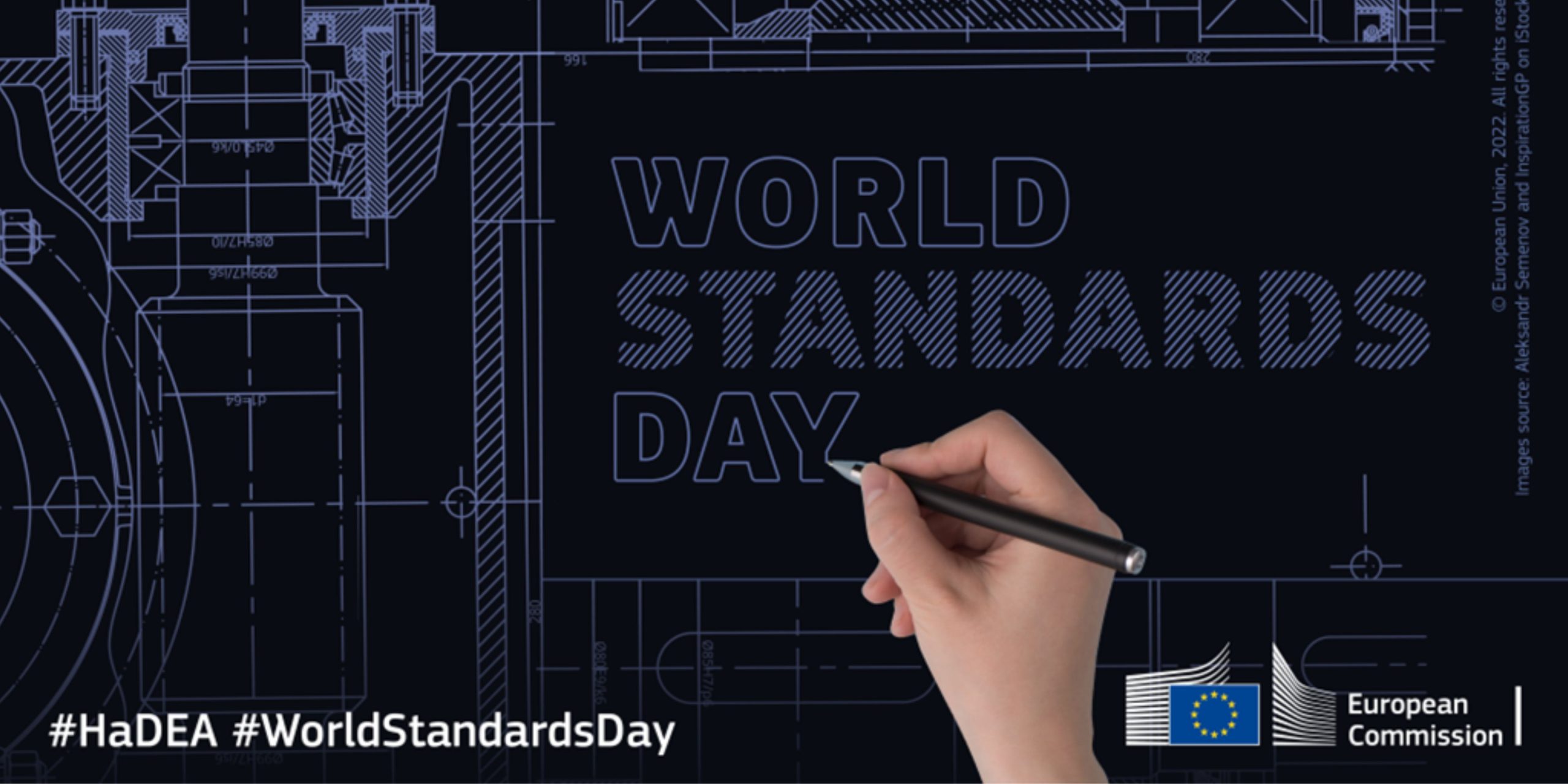World Standards Day, aimed to honour the efforts of the thousands of experts who develop international voluntary standards within standards development organisations. The history of this day goes back to 14 October 1946, when delegates from 25 countries first gathered in London and decided to create an international organisation focused on facilitating standardisation.
Standards are technical guidelines or specifications established by a recognised standardisation organisation, such as ISO, IEC, CEN-CENELEC, and ETSI. The importance of standardisation for industrial modernisation and innovation is undisputed. As emphasised in the European Green Deal and in the new Industrial Strategy for Europe, developing new standards, coupled with an increased EU participation in international standardisation bodies, will be essential to boost industry’s competitiveness and build a sustainable and more inclusive future.
Discover how some of the Horizon 2020 and Horizon Europe projects managed by HaDEA contribute to the development of new standards:
The projects
- IM-Safe: is working to accelerate the process for enabling public authorities and supply-chain stakeholders in transport infrastructure to commit to the development and adoption of the new standards, vital for ensuring the safety of the infrastructure. One of the main objectives of IM-Safe is to support the European Commission and the European Committee for Standardisation in the process of standardisation.
- NanoHarmony: has been focusing on scientifically reliable and ready-for-regulation test methods for engineered nanomaterials. It has been working on developing scientific basis for eight OECD Test Guidelines and Guidance Documents for nanomaterial testing and on establishing an international stakeholder network. A high profile network comprising scientific experts, stakeholders from industries, contract research organisations, regulators, different EU-projects has been established, several international workshops have been organised and a series of data gap analyses, experiments and interlaboratory comparisons have been performed.
- STAND4EU: aims to strengthen the links between research, innovation and standardisation, ensuring that standardisation is an integral part of the European research and innovation landscape. STAND4EU will map and identify key stakeholders and actors involved in standardisation activities at national, regional (EU) and international level to allow a proper identification of the obstacles hampering the standardisation efforts in the manufacturing sector.
- OntoCommons: is dedicated to the standardisation of data documentation across all domains related to materials and manufacturing. OntoCommons facilitates data sharing and pushing data-driven innovation through ontologies in order to bring out a truly Digital Single Market and new business models for European industry, exploit the opportunities of digitalisation and address sustainability challenges.
Background
Horizon Europe is the EU’s key funding programme for research and innovation with a budget of €95.5 billion. It tackles climate change, helps to achieve the UN’s Sustainable Development Goals and boosts the EU’s competitiveness and growth. HaDEA implements parts of Horizon Europe Clusters 1 (Health) and 4 (Digital, Industry, and Space). It was preceded by Horizon 2020.
Useful links
European standards (europa.eu)
Source: European Commission I HADEA (https://bit.ly/3T9oJkU)
